If bees vanished tomorrow, the impact would be far more catastrophic than many people realise.
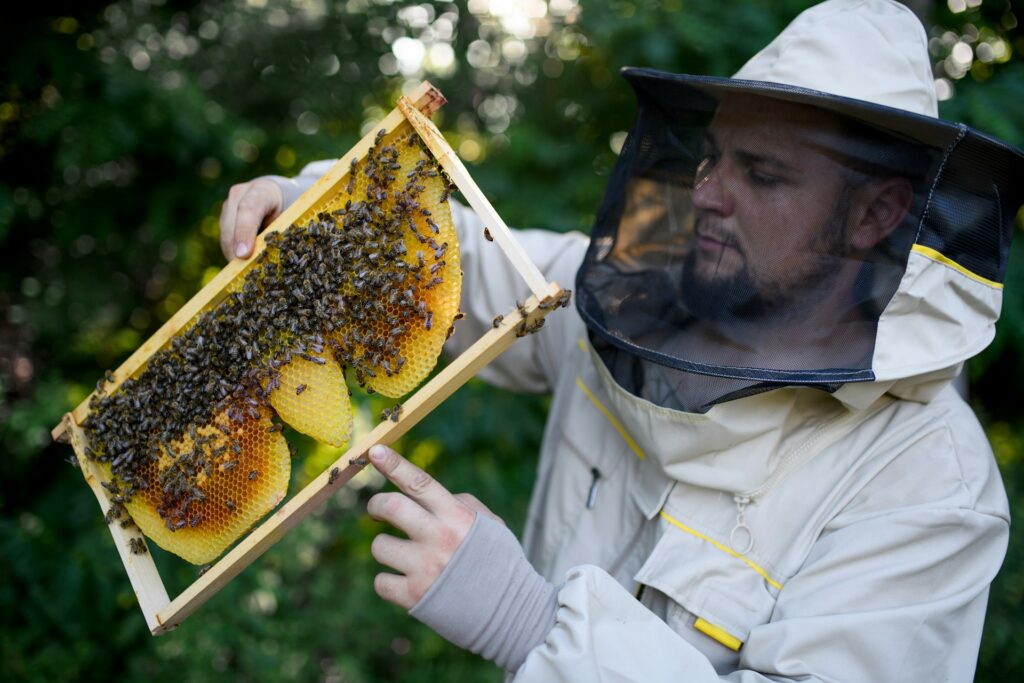
While they may be small, bees play an enormous role in keeping ecosystems balanced and food supplies steady. These tiny pollinators are responsible for much more than just honey. They underpin global agriculture and biodiversity in a way that’s difficult to fully replace. Without them, the ripple effects would be felt in nearly every aspect of life, from what we eat to how the planet functions.
Here are just some of the things that would happen if all the bees disappeared overnight, and why protecting them should be at the top of our environmental priorities.
Crop production would plummet.
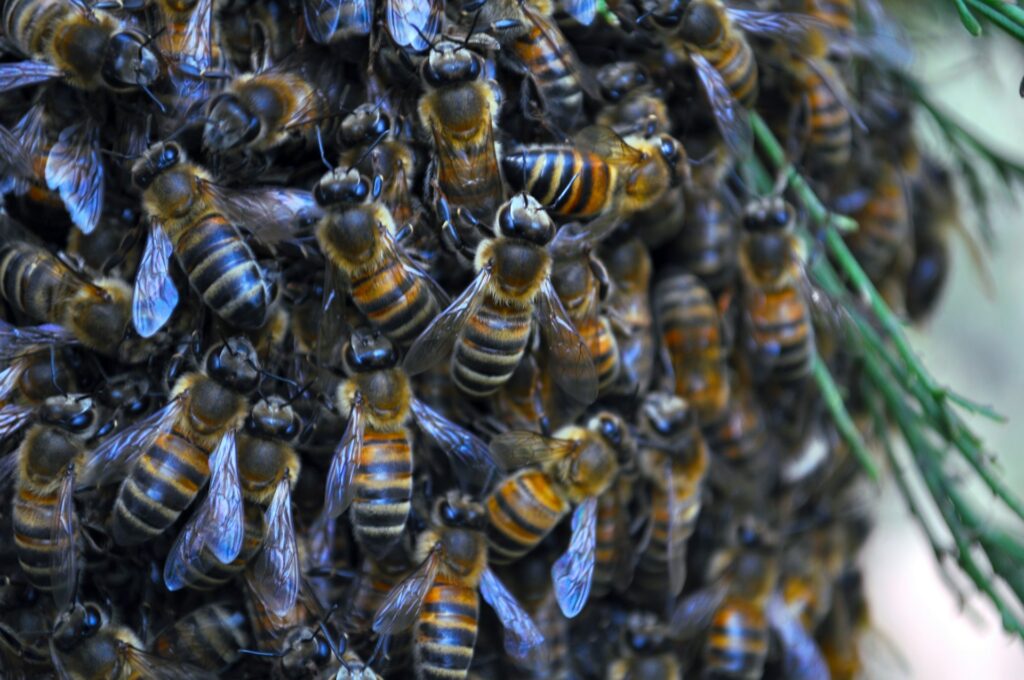
Bees are critical pollinators for more than 75% of the world’s leading food crops, according to the UN’s Food and Agriculture Organization (FAO). Without bees, fruits, vegetables, and nuts like apples, almonds, blueberries, cucumbers, and avocados would see dramatic declines in yield. These crops rely heavily on bee pollination to reproduce efficiently and grow properly, and hand pollination or mechanical substitutes are no match in terms of scale or effectiveness. Entire categories of nutritious foods would become rarer, and some might disappear from the market altogether.
Prices for fresh food would soar.

As crop yields drop, the availability of many fresh foods would shrink, making them more expensive and harder to access. Pollination-dependent crops would become luxury items, disproportionately affecting people on lower incomes. Foods like berries, melons, courgettes, and even coffee and chocolate could see major price hikes. These changes would hit low-income communities the hardest, further widening health and nutrition disparities worldwide.
Livestock feed would be harder to grow.
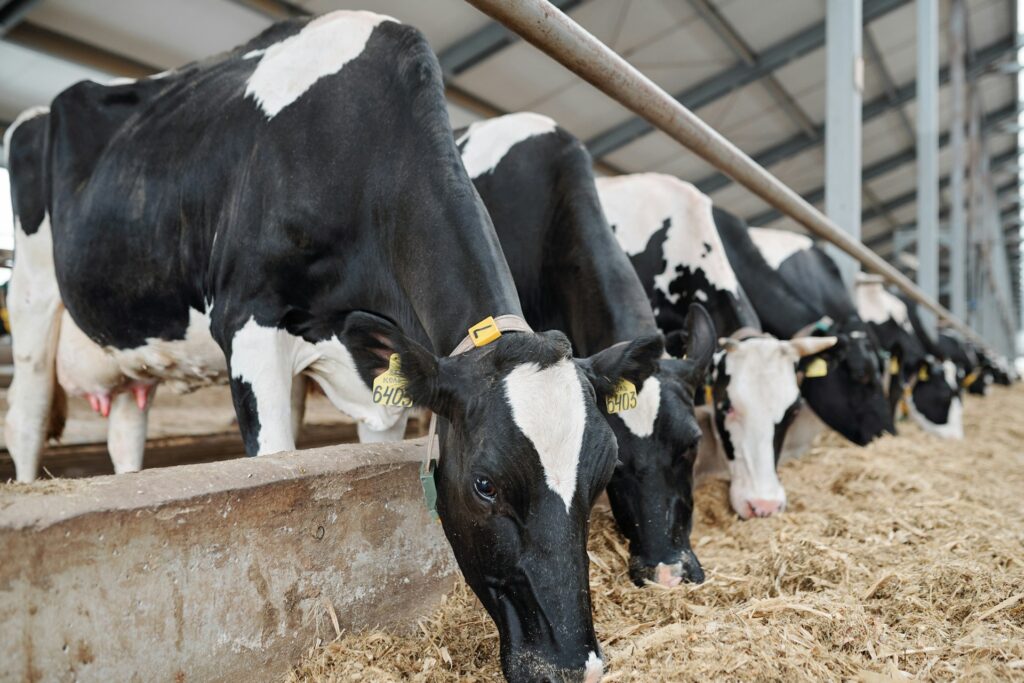
It’s not just human food that relies on bees. Many crops grown for animal feed, such as alfalfa and clover, also depend on pollinators. Without these high-protein plants, it becomes harder and more expensive to raise livestock. As feed costs rise, so too do the costs of meat, dairy, and eggs. Livestock farmers would struggle to maintain herds, and supermarket shelves would start to reflect those gaps in supply.
Global food insecurity would increase.
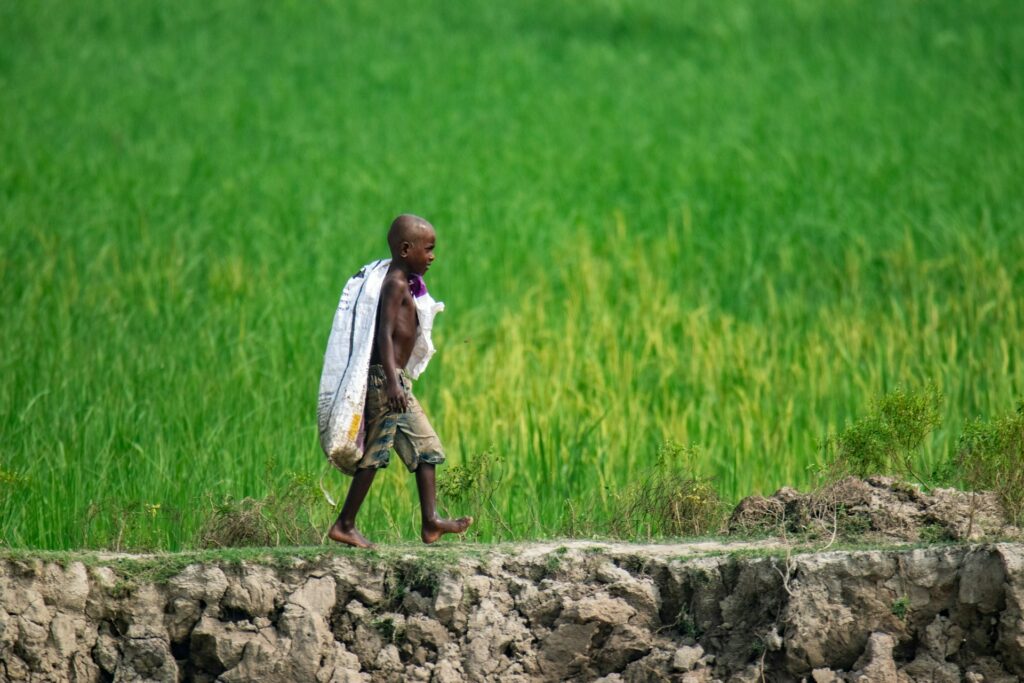
Bees disappearing would place additional strain on already vulnerable food systems, particularly in developing regions. According to a study published in Science (Klein et al., 2007), crop yields for many nutritious foods could fall by up to 90% in the absence of pollinators. With fewer available options and rising prices, malnutrition and hunger would likely increase. Countries already struggling with food access would face even more severe shortages, compounding global inequality.
Agricultural economies would suffer.
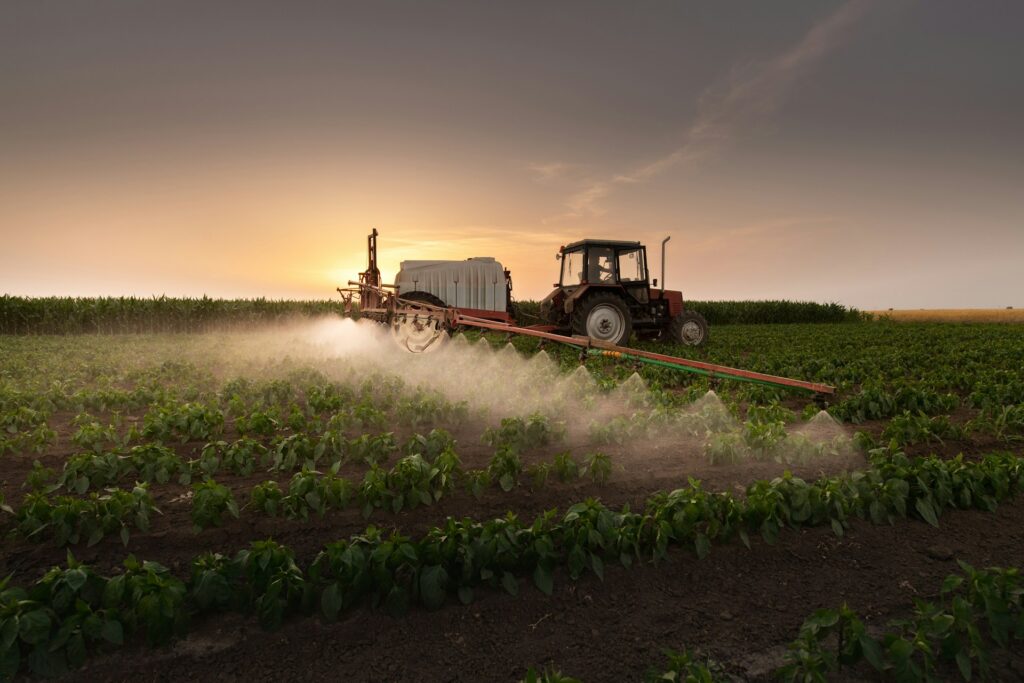
Entire industries depend on bee pollination. In the US alone, pollinators contribute an estimated $15 billion to crop production annually, according to the USDA. In regions with high-value crops like almonds and apples, a lack of bees would devastate farms, reduce export income, and threaten rural livelihoods. The cost of trying to artificially replicate pollination through manual labour or robotic means would be prohibitively high, especially for smaller farms.
Human health would be affected.

As fresh fruits, vegetables, and nuts become scarcer, global diets would shift toward more calorie-dense, processed foods. This could lead to a rise in chronic health conditions like obesity, heart disease, and diabetes, especially in communities where access to affordable, healthy food is already limited. The disappearance of bees would indirectly make it harder to maintain a balanced, nutritious diet for millions of people.
Wild plant diversity would decline.

Bees don’t just pollinate crops—they also pollinate wild plants, which are crucial for ecosystem resilience. Without bees, many native plant species would struggle to reproduce. This would lead to less diversity in flora, shrinking the habitats and food sources that other wildlife depend on. Over time, meadows, forests, and wetlands would begin to lose their variety and vitality.
Entire ecosystems could unravel.

Pollination is a cornerstone of ecosystem functioning. Without bees, food chains would begin to break down. Herbivores that rely on bee-pollinated plants would suffer, and the predators that feed on them would follow. Species that rely on bees for food, such as birds and small mammals, would also decline. This chain reaction could lead to the collapse of entire ecological communities.
Other pollinators wouldn’t be able to pick up the slack.
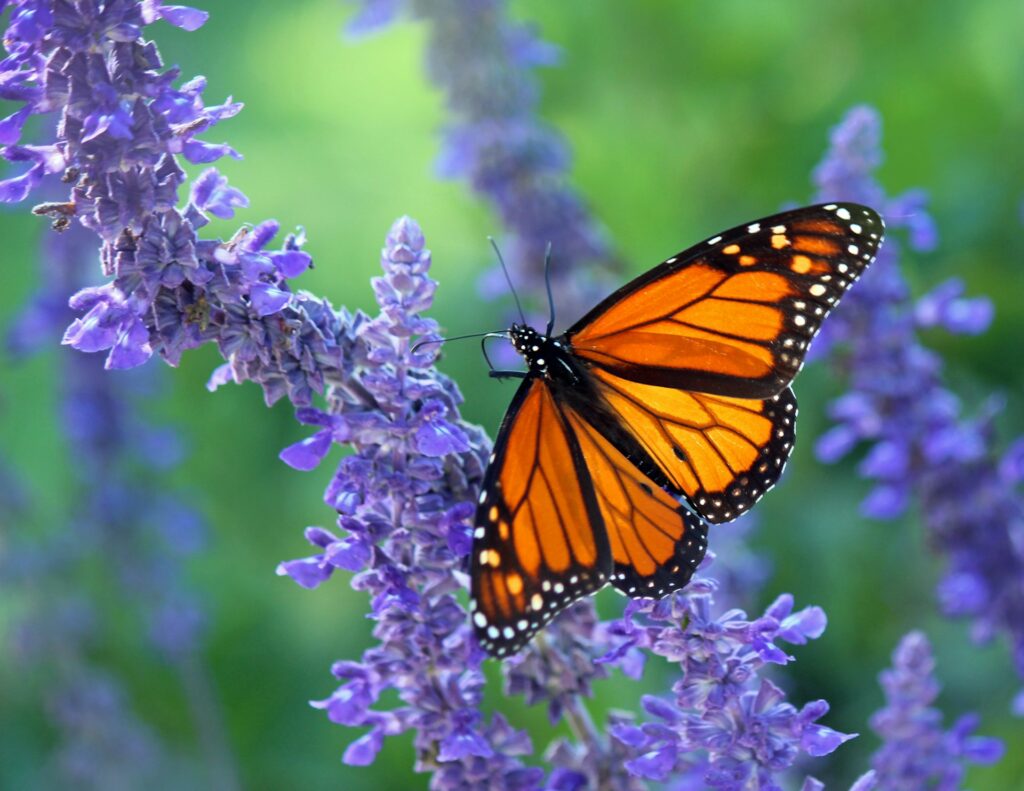
Some might argue that other insects like butterflies, beetles, or birds could step in. While these species do contribute to pollination, they don’t match the efficiency or specificity of bees. Many plants have evolved to work with bees specifically, and without those interactions, pollination simply doesn’t happen. The scale of what bees do daily is staggering. There are over 20,000 known species of bees, many of which serve unique ecological roles that other pollinators can’t replicate.
We’d lose the benefits of honey and other bee products.
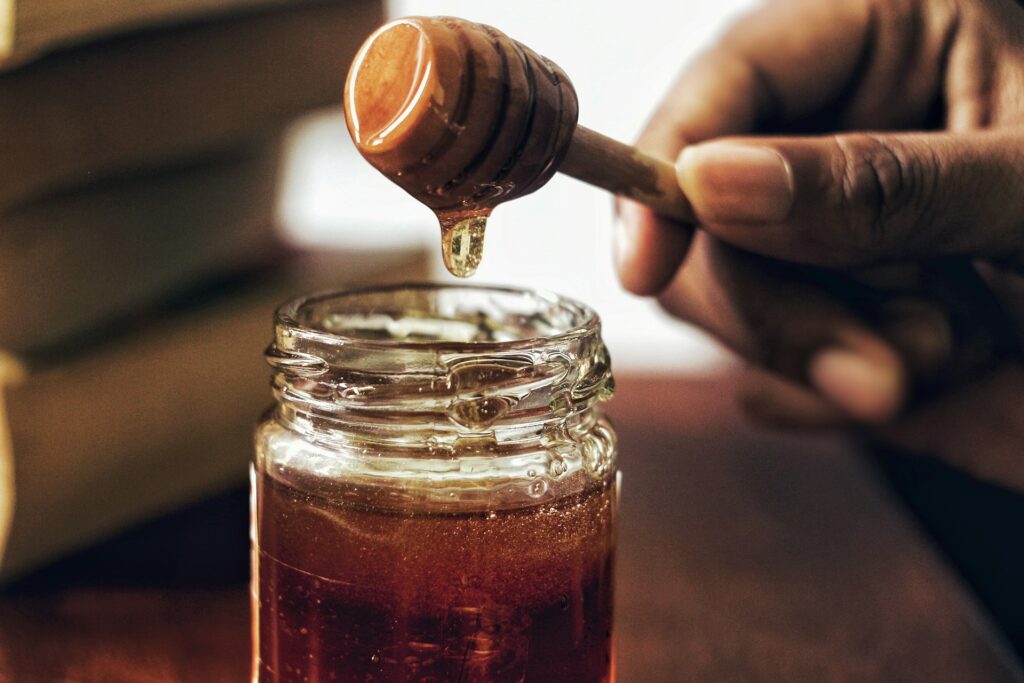
Honey, beeswax, propolis, and royal jelly aren’t just sweet treats or skincare ingredients—they’ve also played a role in traditional medicine, religious rituals, and cultural heritage for thousands of years. These products have antifungal, antibacterial, and anti-inflammatory properties, and their absence would be felt in everything from alternative medicine to cosmetics to commercial baking.
Beekeeping as a livelihood would disappear.
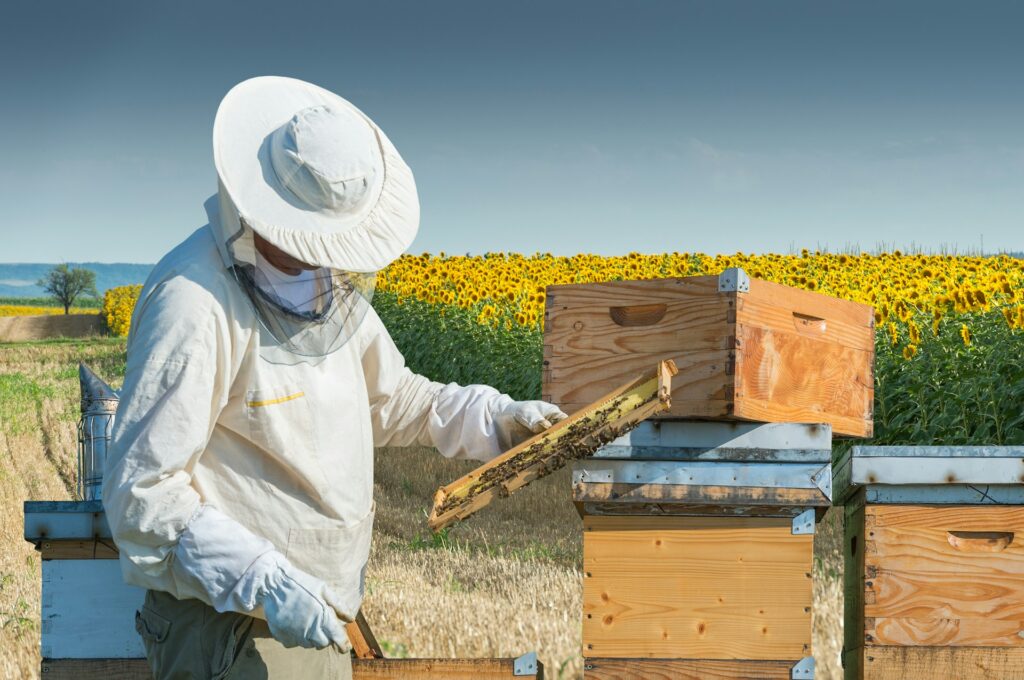
Beekeeping is a vital income source for millions of people around the world. In countries like Ethiopia, Mexico, and India, small-scale beekeepers rely on the sale of honey and wax to support their families. In industrialised nations, commercial beekeepers provide pollination services to farmers—without bees, those businesses would collapse. The knock-on effect would include job losses, economic disruption, and a loss of generational knowledge around bee care and hive management.
Cultural traditions would be lost.

In many parts of the world, bees are deeply woven into cultural, spiritual, and symbolic traditions. From the bee gods of ancient Egypt to the storytelling practices of Indigenous communities, bees have long held meaning beyond their ecological role. Their disappearance would mark not just an environmental loss but also a cultural one, as songs, myths, ceremonies, and crafts centred around bees fade away.
It would be a sign of deeper environmental collapse.
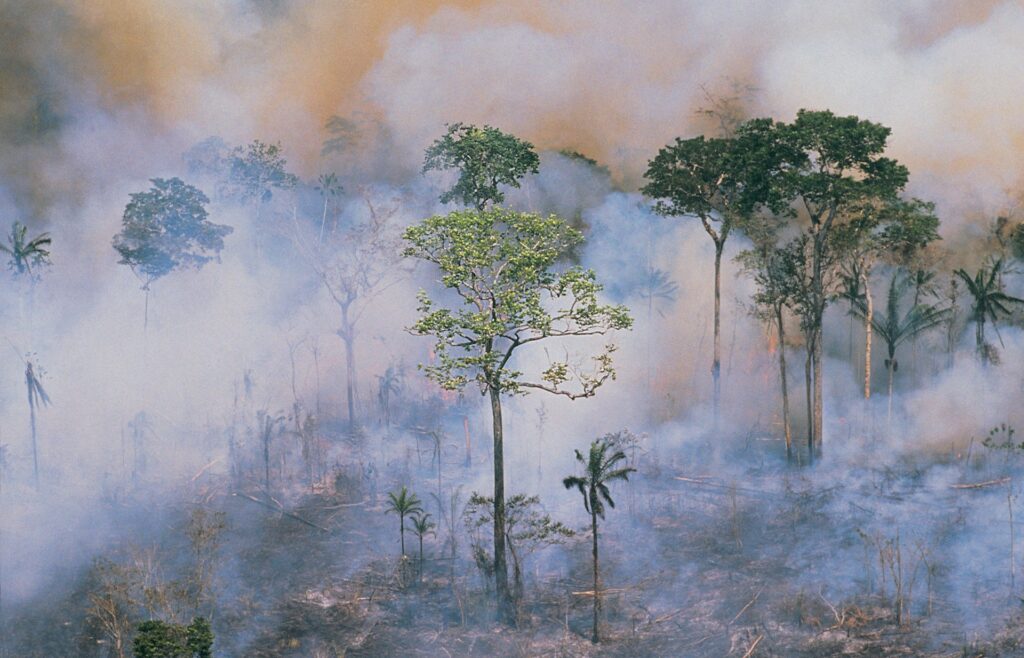
Bees are sensitive to changes in their environment—such as pesticide exposure, habitat destruction, monoculture farming, and climate change. Their disappearance would be more than a crisis in itself; it would be a warning sign of much deeper systemic failure. A world without bees would reflect a world where we’ve ignored key environmental thresholds and failed to protect the intricate web of life we all depend on.
The world without bees would be less colourful, less diverse, and far more unstable.
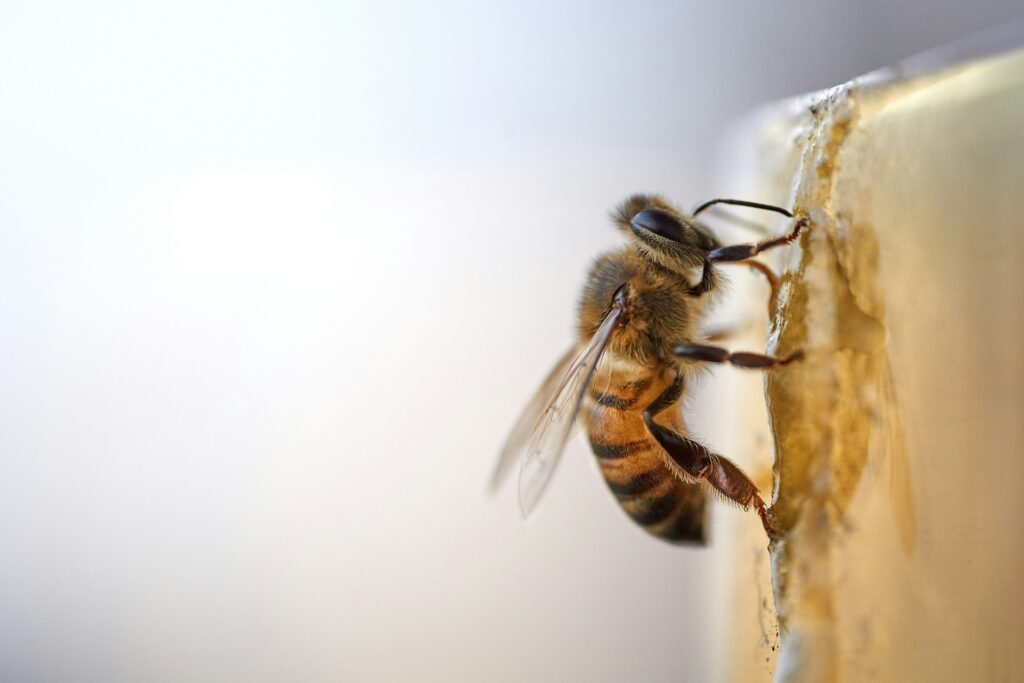
From the food we eat to the plants we love and the animals we share the planet with, bees play a role in holding it all together. Their disappearance wouldn’t just be a tragedy for nature—it would be a crisis for humanity.
The good news is that it hasn’t happened yet, and there’s still time to act. By supporting sustainable farming, reducing pesticide use, planting pollinator-friendly gardens, preserving wild habitats, and pushing for stronger environmental protections, we can help secure a future where bees—and everything they support—continue to thrive. It’s not just about saving bees. It’s about protecting the systems that keep life going for all of us.